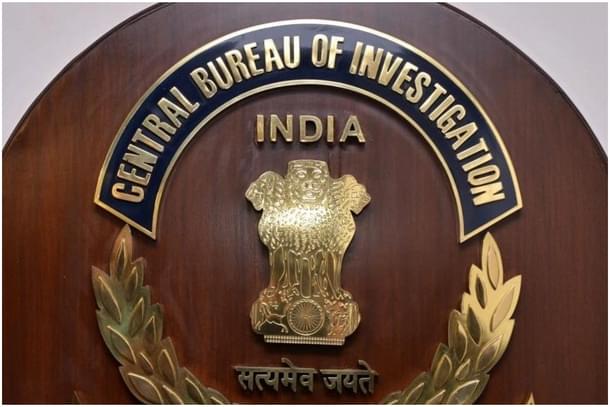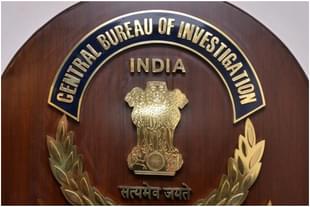News Brief
Ordinance On Tenure Extensions To Directors Of CBI And ED Ruffles Opposition Feathers, Termed 'Brazen'
Swarajya Staff
Nov 16, 2021, 03:04 PM | Updated 03:04 PM IST
Save & read from anywhere!
Bookmark stories for easy access on any device or the Swarajya app.


The Union government on Sunday promulgated two ordinances to allow a five-year tenure to the directors of the Central Bureau of Investigation (CBI) and the Enforcement Directorate (ED).
Currently, the tenure of the two chiefs is fixed at two years. The ordinance makes it possible for the Union government to extend it from two years to up to five years, in annual extensions.
The move comes just a few days before the present ED chief, Sanjay Kumar Mishra, is set to retire, on 17 November. It is also barely two weeks before the winter session of Parliament is scheduled to begin, from 29 November.
The government amended two laws — Delhi Special Police Establishment Act, 1946, for the post of CBI Director, and the Central Vigilance Commission Act, 2003, for the ED Director’s post, reports The Hindu.
In section 25 of the Central Vigilance Commission Act, 2003, in clause (d), the following provisos were inserted by the amendment:
“Provided that the period for which the Director of Enforcement holds the office on his initial appointment may, in the public interest, on the recommendation of the Committee under clause (a) and for the reason to be recorded in writing, be extended up to one year at a time,” the Central Vigilance Commission (Amendment) Ordinance, 2021 read.
“Provided further that no such extension shall be granted after the completion of a period of five years in total, including the period mentioned in the initial appointment,” it added.
As per the amendment, the extension can only be granted for one year at a time, in public interest, to be recorded in writing by the government. The recommendation of the committee mentioned in clause (a) is also necessary.
The committee consists of — the Central Vigilance Commissioner and Vigilance Commissioners, Secretary to the Government of India in-charge of the Ministry of Home Affairs in the Central Government, Secretary to the Government of India in-charge of the Ministry of Personnel in the Central Government, Secretary to the Government of India in-charge of the Department of Revenue, Ministry of Finance.
Opposition Criticises Move
“It is expectedly brazen. Why did they have to resort to an ordinance when Parliament session has been announced from 29 November,” Congress Chief Whip in the Rajya Sabha Jairam Ramesh was quoted as saying by The Hindu.
“Modi Govt uses ED-CBI as henchmen to usurp power & destabilise elected Govts. Raids by ED, CBI on the Opposition leaders has become a norm. Now, these henchmen are being empowered & rewarded with 5 yrs tenure, so that malicious prosecution is used to silence dissenting voices,” Congress chief spokesperson Randeep Surjewala tweeted.
SC Order on Extensions
The move will not immediately benefit CBI Director Subodh Kumar Jaiswal, who was appointed in May this year and still has his tenure of two years left. However, it may benefit ED Director Sanjay Kumar Mishra.
When the government gave Mishra a one-year extension retrospectively on 13 November last year, the order was challenged in the Supreme Court.
In September this year, a Bench of Justices L Nageswara Rao and B R Gavai directed the government not to give Mishra any more extension. The court observed that such extensions could be given “only in rare and exceptional circumstances” to facilitate an ongoing investigation.
It also added that any extension of tenure during superannuation has to be for a short period and reasons must be recorded for granting such extensions.
Now, empowered with the ordinance, the Union government can now give one-year extensions three times after the completion of the initial tenure of two years.





